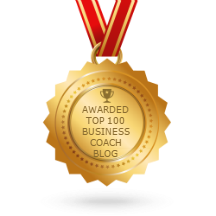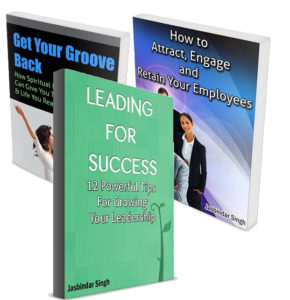
Nothing remains the same; everything changes!
If you are going through a change or transition in your life, here are 10 tips that could help:
1) Acknowledge that you are going through a “transition phase” and give yourself time to adjust to the changes.
Transition times are good for taking a “helicopter or strategic view” on your life and for taking stock.
Watch that very human desire to quickly impose a solution or structure to allay any anxiety and feel in control again. However, in the long-term this ‘forced’ intervention may not be the best one.
Sometimes it is better to let things emerge more organically whilst also paying attention to any feedback – subtle or otherwise, coming your way.
2) During times of change and transition, you will experience a loss of control, as the known and familiar are no longer there. Feelings of grief, sadness, anxiety, exhaustion, confusion, anger, loss of confidence and or not being in control, are normal and in time, you will move through it.
3) Understand that transition phases tend to pose more questions than answers and the feeling of being in a ‘fog or overwhelm’ goes with the terrain.
Bear in mind too that any delay in achieving your goals does not mean an end; it just means, “NOT RIGHT NOW!”
4) Realise that some previous strengths may no longer be best for navigating this phase effectively. For example, if you are used to making quick decisions, this may be the time when you need to slow down and let things emerge.
Sometimes your very strengths can come into question as you discover that some adaptation and greater discernment is required in utilising that strength.
5) Re-visit the basics. What values and principles are of utmost importance in your life? What things give you a sense of meaning and purpose? What are some new ways in which you might integrate these in your life now?
6) Keep up with your health and resilience levels. Pay attention to the basics – regular exercise, healthy eating, adequate sleep and positive and healthy lifestyle.
7) Keep a reflective journal, diary or notebook and set daily goals to give you focus, control and movement. Cultivating a sense of GRATITUDE noting all that is still great and working well in your life. If you can, try and look for the growth edge and learning opportunities in your current situation.
8) Make a list under the two headings, “CAN CONTROL” and “CAN’T CONTROL”. Put your energies into the former and relinquish the latter.
9) Seek support from your loved ones and other appropriate professionals and experts such as coaches and psychologists. Who can you share your journey with on a regular basis? What types of conversation will be helpful for you?
10) Guidance and support can come in many forms so be open to receiving. Draw on your spiritual beliefs and practices for strength and renewal and ask for help. Invariably KNOW and TRUST that you will emerge from this transition and be stronger for it.
Jasbindar Singh is an executive coach and business psychologist who has had extensive experience working with large scale change projects as well as individual clients.
 In times of crisis, how a leader fronts and deals with the situation can either fan an already out of control situation or they can take full responsibility and become part of the solution. Sadly, BP’s CEO – Tony Hayward’s words, behaviour and demeanour have only but fueled the situation.
In times of crisis, how a leader fronts and deals with the situation can either fan an already out of control situation or they can take full responsibility and become part of the solution. Sadly, BP’s CEO – Tony Hayward’s words, behaviour and demeanour have only but fueled the situation.






 Career derailment is a common theme in the modern work place today. I have coached clients who were seemingly “hot property” one day only to find themselves in the scrap heap the next. It can leave one feeling totally confused and unclear about
Career derailment is a common theme in the modern work place today. I have coached clients who were seemingly “hot property” one day only to find themselves in the scrap heap the next. It can leave one feeling totally confused and unclear about Doesn’t it feel great when we are inspired, uplifted and on top of our game? But it’s not always like this. There are times in our lives when inspiration is lack luster and questions abound – from the more superficial to fundamental ones like the very purpose of being and what we are doing. We may be lacking motivation, feeling tired and just not able to see the light at the end of the tunnel.
Doesn’t it feel great when we are inspired, uplifted and on top of our game? But it’s not always like this. There are times in our lives when inspiration is lack luster and questions abound – from the more superficial to fundamental ones like the very purpose of being and what we are doing. We may be lacking motivation, feeling tired and just not able to see the light at the end of the tunnel. 





 Follow Jasbindar on Twitter
Follow Jasbindar on Twitter



